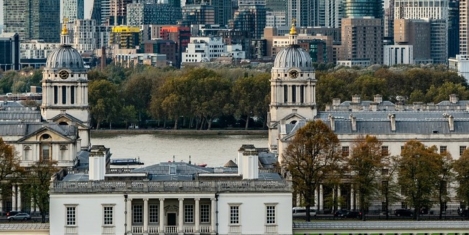July 22, 2019
UK could receive £250 billion boost if labour market matched that of Sweden
 New analysis by economists at PwC claims that, if the UK could match Sweden in terms of its employment rates for women aged 25-54, older workers and the proportion of its young people not in employment, education or training, the potential boost to UK GDP could be as much as 12 percent, or around £250 billion at 2018 values. Although the UK labour market has been strong in recent years – the employment rate is at a record high of over 75 percent and unemployment is at its lowest level since the mid 1970s – new research from PwC indicates that performance is middling compared to other OECD economies. A new composite Labour Market Performance index, combining results from PwC’s Youth Employment, Golden Age and Women in Work indices, finds the UK is 19th overall amongst OECD countries. Iceland and Sweden top the combined index rankings based on the latest available annual data for 2018. (more…)
New analysis by economists at PwC claims that, if the UK could match Sweden in terms of its employment rates for women aged 25-54, older workers and the proportion of its young people not in employment, education or training, the potential boost to UK GDP could be as much as 12 percent, or around £250 billion at 2018 values. Although the UK labour market has been strong in recent years – the employment rate is at a record high of over 75 percent and unemployment is at its lowest level since the mid 1970s – new research from PwC indicates that performance is middling compared to other OECD economies. A new composite Labour Market Performance index, combining results from PwC’s Youth Employment, Golden Age and Women in Work indices, finds the UK is 19th overall amongst OECD countries. Iceland and Sweden top the combined index rankings based on the latest available annual data for 2018. (more…)
















 New data from
New data from 



 According to
According to 












July 11, 2019
Diversifying hiring practices to bridge the skills gap
by Jennifer Warawa • Comment, Workplace